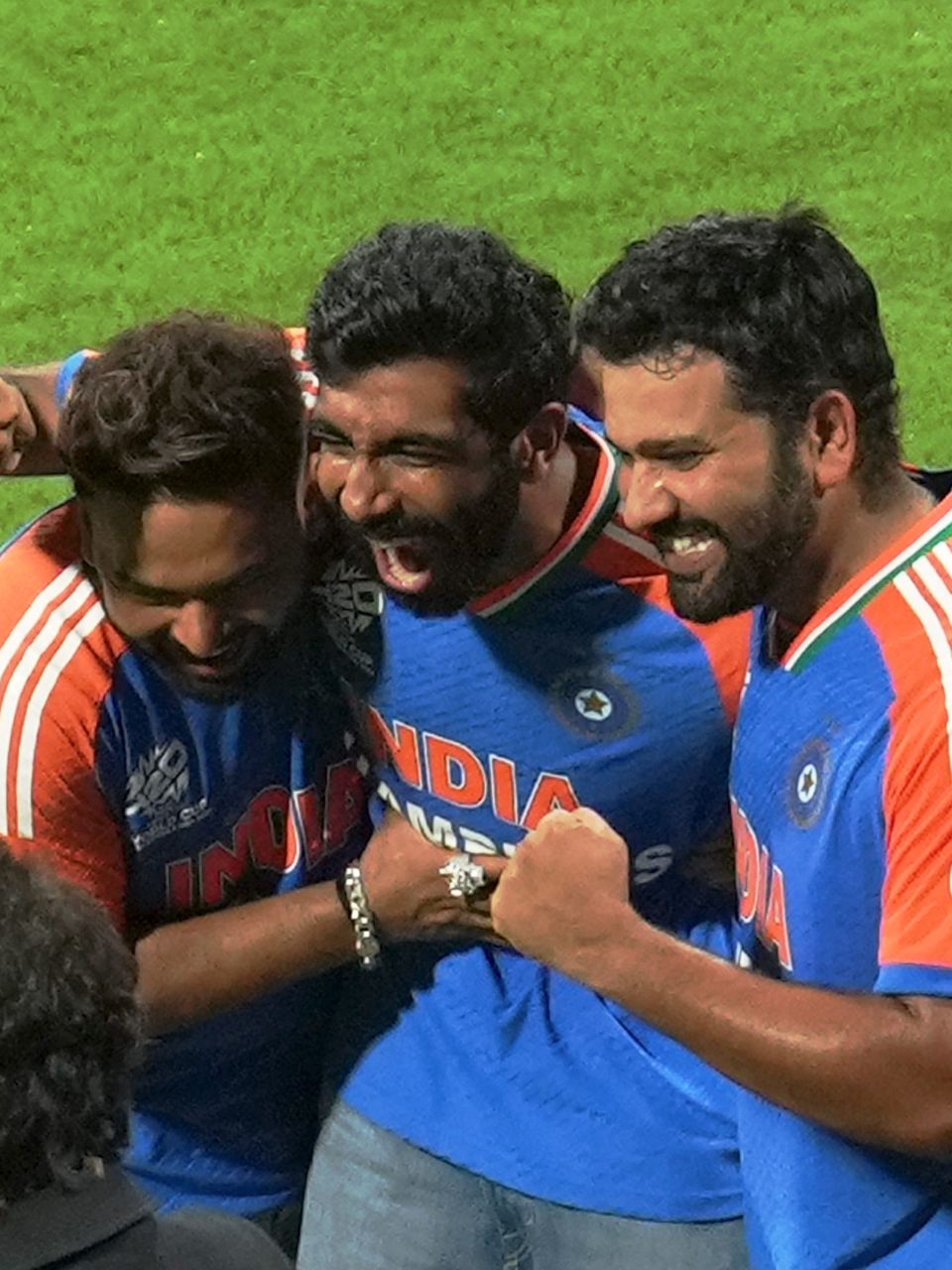The Labour Party in the UK had a historic win in the July 4 general elections, securing over 400 seats. Keir Starmer, in his maiden speech as British Prime Minister, said that his country required “a bigger reset” with the end of the Conservative party’s reign after 14 years. Citizens were dissatisfied with former PM Rishi Sunak’s handling of the economy, the immigrant crisis and the declining quality of public services. Nevertheless, the Labour Party has an unenviable task ahead.
Dawn (July 6) reiterates the expectations from Starmer after this stunning win saying, “with great power comes great responsibility. The Labour Party must now translate its electoral promises into tangible outcomes.”
In terms of Starmer’s foreign policy, here is what The Nation (July 6) believes will happen: “No major shifts in the UK’s foreign policy are expected… As his opening speech suggests, and as the Brits have made clear, we can expect moderate politics in the UK under PM Starmer.”
India’s World Cup win
The T20 World Cup 2024 concluded on June 30 with India carrying the trophy home. In a nail-biting final against South Africa, until the very end, India looked like it was struggling. But some stellar batting from Virat Kohli and incredible bowling by Jasprit Bumrah and Hardik Pandya saved the day. Remarkably, India went undefeated the entire tournament. The media congratulates India for its well-deserved win and points out the weaknesses in Pakistan’s game.

Express Tribune (July 1) laments the performance of the Pakistan team saying, “For skipper Rohit Sharma and Man of the Match Virat Kohli, there could be no better time to call it a day. As for Pakistan and its cricket-crazy fans, the contest had ended far too early, on June 14 to be exact.”
News International (July 2) comments on the position of Indian cricket and concedes that “the Indian cricket team is still one of the most valuable brands in sports… However, it is slowly becoming clear that much of the new energy and impetus in cricket now comes from the private sector, for better or for worse.”
A contested Finance Bill
Pakistan’s National Assembly passed the tax-heavy Finance Bill 2024 on June 28 and it came into effect on July 1. Considering the state of the economy, Finance Minister Muhammad Aurangzeb, while presenting the Budget three weeks ago, had promised that all classes would contribute to bettering the economic status of the country. The Opposition had refused to give its assent to the Budget as it thought it unfair. However, this new Bill seems to contradict Aurangzeb’s claim with the salaried classes yet again bearing the brunt of the economic crisis.
Dawn (July 2) says, “The nation has realised that the finance minister’s ‘assurances’ had been little more than a cruel jest… It is now widely accepted that the coalition government’s ‘crisis budget’ will achieve little more than strangulating those already paying their dues… Actual economic course correction has once again been put off for another time.”
Daily Times (July 1) demands concrete action on the government’s promises of restraint for policymakers in terms of their perks saying, “Till now, we have only heard about ‘plans’ against bloated cabinets and the willingness to merge ministries. If the government wishes to be trusted… it first needs to show some responsibility in its own house.”
Security arrangements for Muharram
The Islamic month of Muharram begins on July 7. In Pakistan, there are concerns about security due to terror activities in the past. This year, in a bid to regulate security, the Punjab government has asked the interior ministry for a blanket ban on social media apps to prevent hate groups from inciting violence through posts online. The media disagrees with this approach and asks the government to reconsider.
Express Tribune (July 6) suggests ways for regulation rather than a blanket ban because “the more you try to suppress a sentiment, the more ways and forms it finds to manifest itself.” The editorial says, “In the short term, the government should put resources into enhancing monitoring and control of social media and digital platforms, but only to quickly identify and remove hate speech content.”
The Nation (July 6) ruminates on the general security arrangements for Muharram saying, “The police force should be equipped enough to ensure security on such a scale… The sensitivity of the month should be fully catered for by the federal and provincial governments, and all measures must be complete before the Day of Ashura.”
adya.goyal@expressindia.com



